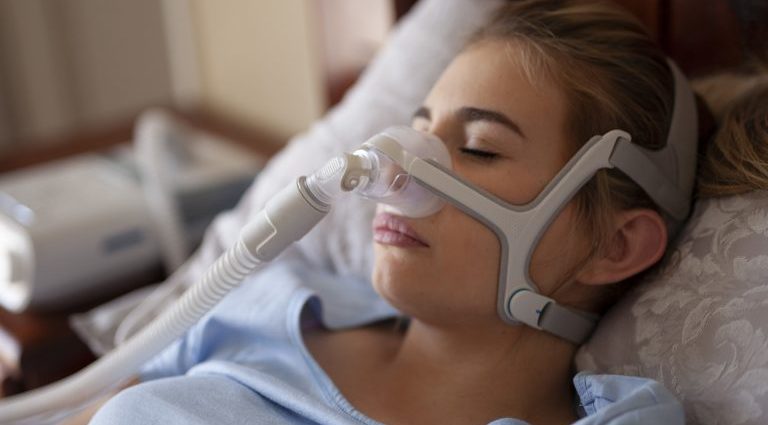Insomnia and snoring are signs of sleep disorders. Sleep apnea can lead to complications with the oral cavity, while dental problems can also lead to sleep apnea. Sleep apnea is one of the most frequent sleep disorders characterized by breathing disorders known as apneas. Sleep apnea may be caused due to airway disturbance, enlarged tongue, obesity, and other risk factors. Sleep apnea deprives the body of oxygen and may reduce the mental performance of a patient.
A dentist in Dacula, GA, can help a patient understand the relationship between the importance of oral health to prevent sleep apneas. Also, sleep apnea can lead to the development of dental problems.
What are the symptoms of sleep apnea?
Different patients may have various symptoms. The most common ones have been mentioned below.
- Reduced Or absent breathing.
- Frequent and loud snoring.
- Dyspnea while sleeping.
- Daytime sleepiness.
- Fatigue.
- Decreases in alertness and focus.
- Dry mouth and headache upon waking.
- Nocturia.
- Sexual dysfunction and decreased libido.
Women may also experience anxiety and depression. In contrast, children may experience asthma, hyperactivity, bedwetting, and more.
Risk factors of sleep apnea.
The following factors may contribute to the risk of the development of sleep apnea.
- Aged over 40 years old.
- Being a post-menopausal woman.
- Abnormally large neck.
- Large tonsils.
- Enlarged tongue.
- A small jaw bone.
- Nasal or sinus issues.
Other issues may include obesity, hereditary problems, etc.
What is the connection between sleep apnea and the oral cavity?
Getting adequate and good quality sleep ensures that patients do not have bad breath and mouth ulcers. Moreover, good sleep prevents the development and progression of periodontitis or other gum diseases. However, some dental diseases can lead to sleep apnea, and these include as follows:
- Temporomandibular joint disorder.
Sleep apnea is directly linked to TMJ disorders. It has been reported that patients with sleep apnea were frequently diagnosed with TMJ disorders. A patient with TMJ disorder may suffer from jaw pain, lockjaw, or problems with chewing.
- Grinding teeth.
Commonly known as bruxism is frequently associated with sleep apnea. Bruxism is commonly seen when a patient suffers from anxiety or other mental stresses, but bruxism in between a sleep cycle can cause sleep disturbance.
- Mouth breathing.
Sleep apnea may lead to mouth breathing, and mouth breathing may further lead to dry mouth and decay of the tooth. It may also lead to the build-up of plaque, periodontitis, inflammation of the gums, and mouth sores.
To get rid of dental issues arising due to sleep apnea, you may consider an experienced dentist to get the best treatment for treating your condition.

